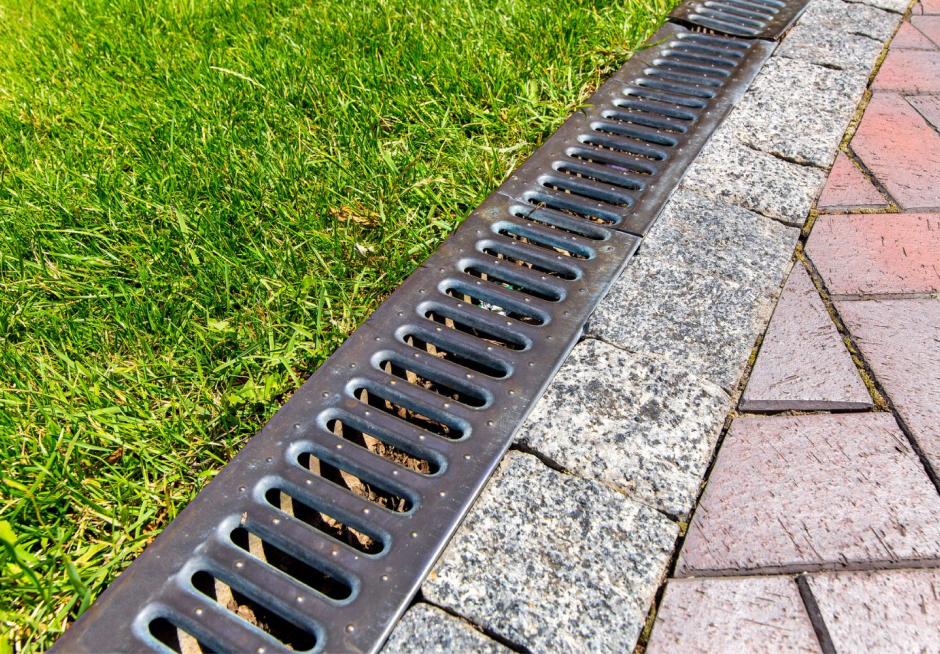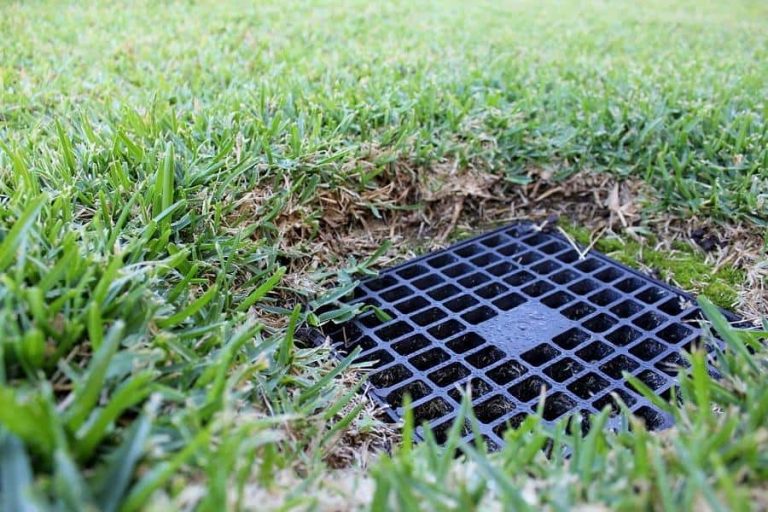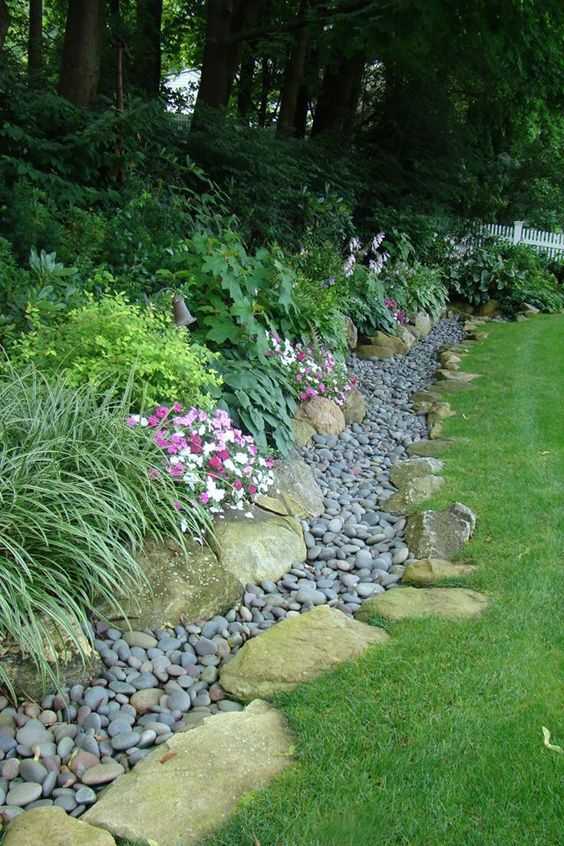All Services
A properly designed drainage system is essential for moving water away from your home or business. Improper drainage can be one of the biggest sources of trouble on your property. Standing water and erosion are both the result of inadequate planning.
If left unattended, these issues will detract from the appearance and usability of your landscape. Moreover, they can cause structural damage.
At Creech Landscape, we understand the importance of an effective drainage system. Our experienced team knows how to fix the drainage problems associated with the hard clay in North Atlanta. We offer a variety of yard drains and other custom solutions to prevent water from damaging your property.

Standing water on your property can cause a variety of problems. Structural damage, lawn disease, stunted root growth, and increased insect populations are all associated with these drainage issues.
Low areas in your landscape that collect excess water can make it impossible to engage in regular maintenance such as mowing. They also tend to become stagnant, acting as a breeding ground for mosquitoes and other pests. This makes your outdoor living space far less pleasant. It can even contribute to the spread of diseases such as West Nile virus.
Driveways, walkways, terraces, patios and pool decks all require adequate drainage. If water stands on porous hard surfaces such as concrete, it will eventually break it down. This can cause cracking and settling, requiring expensive repairs.
Standing water can undermine your home or business’ foundation. When water sits, it leads to mold and moisture problems, as well as cracks and instability. In some cases, it can even cause the structure to sink.
Downspouts that aren’t properly oriented send tremendous amounts of rainwater onto flowerbeds and hard surfaces. More importantly, that water can build up alongside the foundation of your home. Oversaturating the soil can lead to erosion, root rot, and a host of other issues that negatively impact your landscape plantings. You also want to ensure that water doesn’t pool near the house where it can affect your foundation.
A particular issue in the Atlanta area is the hard clay soil. Clay absorbs water at a rate of less than ¼ inch per hour. This causes it to run off rather than nourishing your landscape. Alternately, once it has absorbed, it will hold onto large amounts of moisture. This makes clay soil problematic for both drainage and erosion. It’s particularly troublesome in new home construction, or when outdoor features such as pools are added. Large disturbances to the ground usually remove the topsoil layer, so that all you’re left with is poorly-draining clay.


These systems address common yard drainage problems. Our expert designers tailor them to suit your site and your landscape aesthetic.
All Services
Sitemap | Copyright 2025, Creech Landscape. Created by Synergetic Media